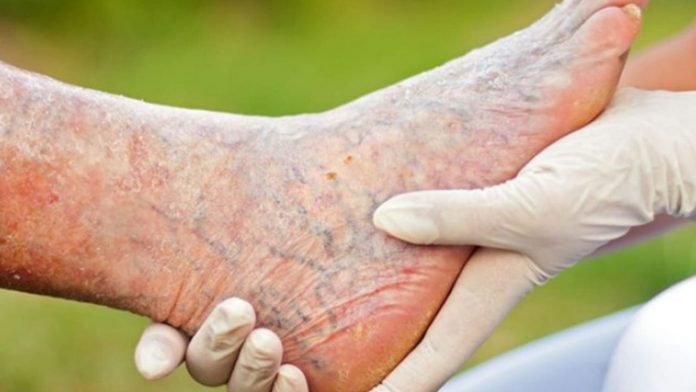Acute limb ischemia, which is characterized by a sudden loss of blood supply to a limb as a result of a blood clot thrombosis or embolism, is a disorder that affects people of all ages. This deadly condition increases the possibility of tissue damage and even limb loss.
Causes:
If you have issues like atherosclerosis (a build-up of plaque in the arteries), a heart tumor, blood clots in the heart, high blood pressure, diabetes, or a family history of heart disease, you could develop this illness. Additionally, other elements like smoking, becoming older, and leading a sedentary lifestyle can increase your risk of developing this deadly condition.
The warning signs:
The warning signs include sudden onset of pain that progresses to burning and cramping in the muscles, pulselessness (absence of pulses) in the affected limb, pallor (limb appears white in comparison to other side), coldness of the limb, and paralysis of the affected limb. These signs and symptoms require immediate medical attention. You’ll be astonished to learn that as the situation becomes worse, gangrene will develop.
Treatment:
The type of treatment will depend on the location of the ischemia, the length of time since the symptoms first appeared, and the state of the limb. It comprises medications that dissolve clots, as well as procedures like mechanical thrombectomy, which suctions the clot. To get rid of the clot, a surgical operation called an embolectomy might be done. A limb amputation may be required if the patient presents too late and gangrene has already taken hold. Regarding the best course of treatment for you, your doctor will advise you. Additionally, you can consult the doctor if you have any concerns about the prognosis of this ailment.
Prevention advice:
It’s important to give up smoking, control your blood pressure, blood sugar, and cholesterol levels, and take medication to treat these diseases. Aside from that, maintaining healthy eating habits, a healthy weight, staying active and avoiding a sedentary lifestyle, and engaging in regular exercise will help you prevent this condition. Be on the lookout and look after yourself. Consult your doctor right away if you experience any of the aforementioned signs and symptoms.

 हिंदी
हिंदी






